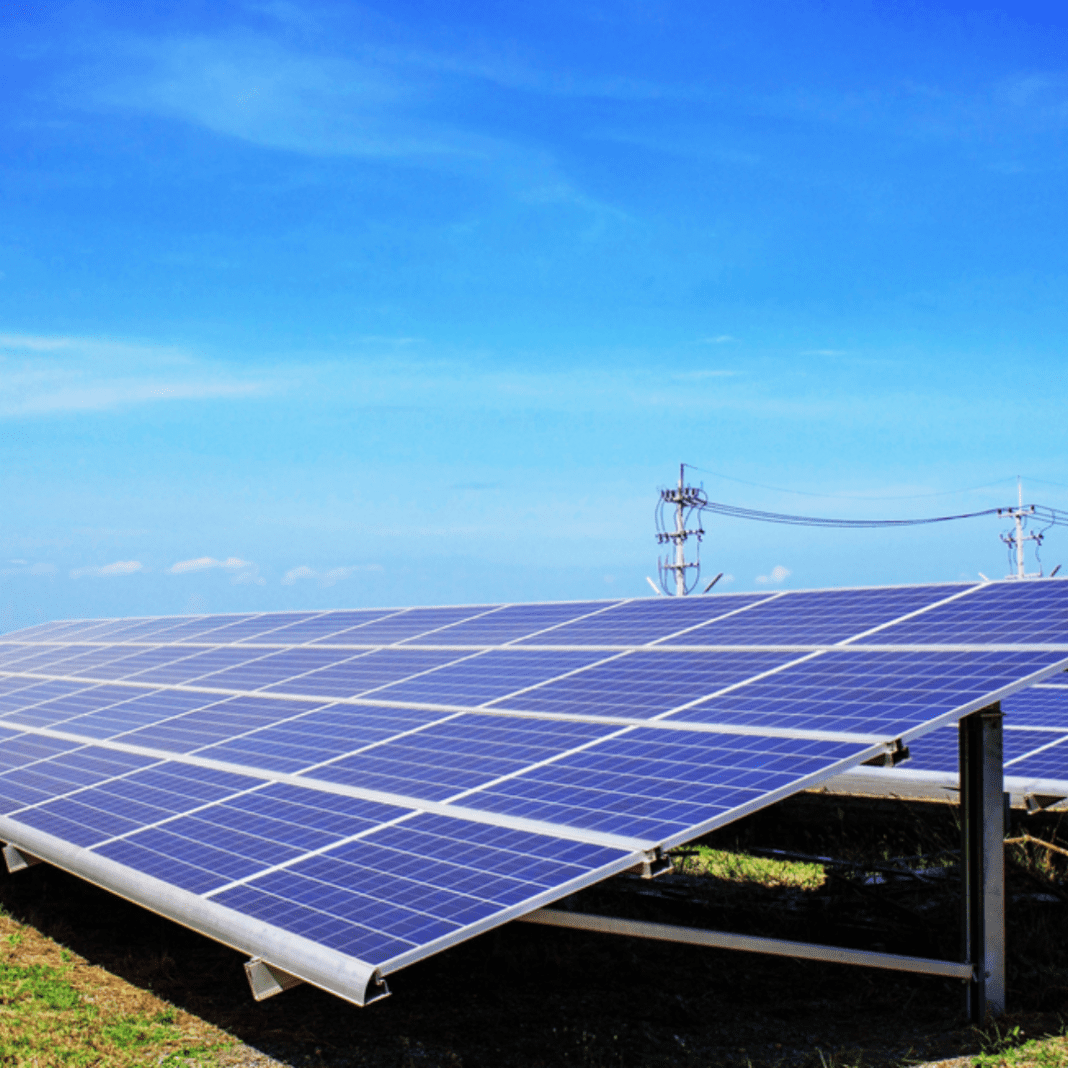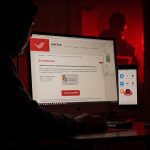Solar power is growing fast around the world, especially in the United States and Europe. More people and businesses now rely on it. This makes the security of solar systems very important. However, new research by cybersecurity experts at Forescout has found serious flaws in solar products. These include systems made by Sungrow, Growatt, and SMA.
Growing Threats to Solar Power Security
These security flaws could let hackers take over solar power systems. This could put entire power grids at risk. Hackers could cause blackouts, change energy prices, or even damage the solar systems.
Forescout studied products from the 10 biggest solar companies. They found over 90 security flaws in recent years. Recently, they discovered 46 new weaknesses, showing that these systems are still easy targets.
Solar plants have two main parts. The solar panels make direct current (DC) electricity. The inverters change DC into alternating current (AC). This makes the power usable for homes, businesses, or the main grid.
Cyber Attacks on Connected Cars
Modern solar plants also have digital systems. They include internet connections for remote control, cloud services to store data, and mobile apps for users.
These connected systems make solar plants easy targets for hackers. A cyberattack could spread fast and affect entire power grids.
Security Flaws in Major Solar Brands
Forescout found serious flaws in products from Sungrow, Growatt, and SMA. These are three of the biggest solar power companies.
In SMA systems, Forescout found one dangerous flaw. Hackers can upload a bad file to the cloud server. This lets them run their own code. It gives them remote access to the entire solar network. This could put the power grid at risk.
Growatt systems had 30 security flaws. Hackers can use them for different attacks. These include XSS attacks that can steal user data or change system settings. Hackers can also take over devices or damage them by tampering with settings.
Sungrow systems had over a dozen flaws. Some could leak private data. Others let hackers crash the system with denial-of-service (DoS) attacks. Some flaws allow remote code execution, giving hackers full control of devices.
Hackers could take over many inverters at once. With control over a large group, they could disrupt power grids. This could lead to long blackouts.
Risks to Users and Power Grids
The flaws found by Forescout pose risks to both solar users and entire power grids. The threats include grid instability, data theft, financial loss, and network breaches.
Hackers could control many inverters at once. This could disrupt power flow and cause blackouts, especially in areas that depend on solar energy.
They could also steal personal data from solar users. This includes account details, energy usage, and payment info.
Hacked solar systems could be used for ransomware attacks. Hackers could demand money from energy companies to restore control. They could also manipulate energy prices by sending false data to grid operators.
Infected solar systems could become entry points for larger attacks. Once hackers get in, they could spread to other devices on the same network, causing even more damage.
Critical Vulnerabilities: The Dark Side of Pacemaker Technology
Industry Response and Recommendations
Forescout alerted the affected companies about the flaws. SMA and Sungrow have fixed all the issues and warned their customers. However, Growatt only patched some flaws. As of late February, most of Growatt’s systems are still exposed.
To protect solar systems, Forescout suggests several steps. Users should change default passwords and use strong access controls with limited permissions. Regular updates are key to fixing known flaws. Unused features should be turned off, and data should be backed up often.
Cyberattack Catastrophe: How Hackers Can Endanger Human Lives ?
Forescout also recommends keeping solar devices on separate networks. This helps stop hackers from reaching other systems. Watching networks for strange activity can also spot attacks early.
As solar power grows more important, protecting it from hackers is critical. Without strong security, flaws could let attackers destabilize entire power grids, affecting millions of people.





